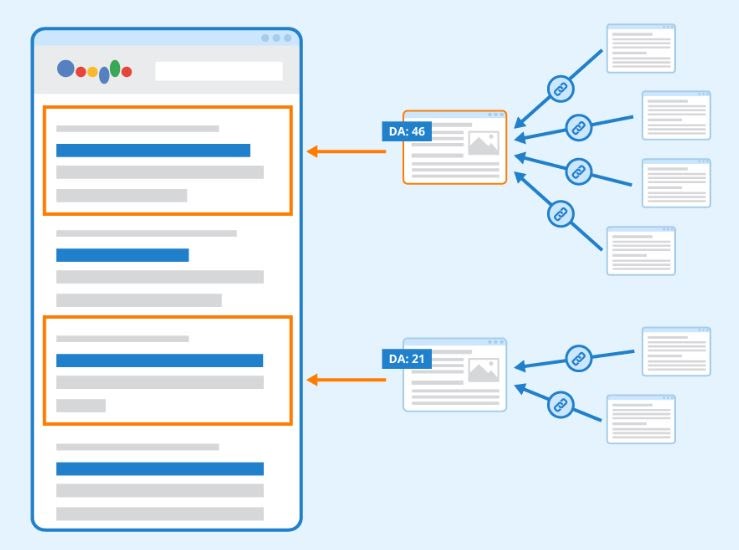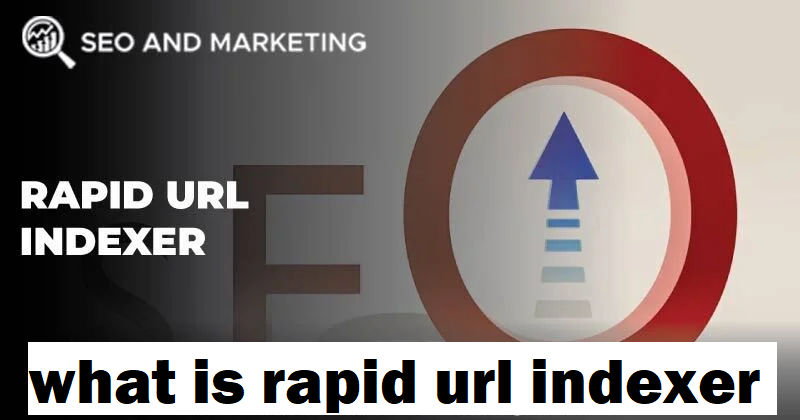In the digital landscape, search engine optimization (SEO) plays a crucial role in helping websites achieve visibility in search engine results. A key aspect of SEO is ensuring that search engines can discover and index your web pages promptly. This is where a rapid URL indexer comes into play, speeding up the process of getting new or updated URLs recognized by search engines like Google.
Understanding URL Indexing
Before diving into what is rapid url indexer does, it's essential to understand URL indexing. Search engines like Google use bots (also known as crawlers or spiders) to discover new web pages or updated content. Once a crawler finds a page, it evaluates the content and decides whether it should be added to the search engine's index. Being included in this index means that the page is now eligible to appear in search results. However, the process of indexing can sometimes take a long time, depending on how often search engine crawlers visit a particular site. New websites or pages on low-traffic domains might not get indexed promptly, delaying their visibility in search results.What is a Rapid URL Indexer?
A rapid URL indexer is a tool or service designed to expedite the process of getting a website’s URL indexed by search engines. Essentially, it helps signal to search engines that a page is ready to be crawled and included in their index. This is especially useful for website owners, SEO professionals, and digital marketers who want to quickly improve the visibility of their content.How Does a Rapid URL Indexer Work?
Rapid URL indexers utilize various techniques to notify search engines about a new or updated URL, including:- Ping Services: These tools send pings to search engines, alerting them to changes or new content. This prompts search engine bots to visit the page for indexing.
- Sitemap Submissions: Indexers might submit your sitemap directly to search engines. A sitemap is a file that lists all the important URLs on your website, making it easier for crawlers to find and prioritize your pages.
- Social Signal Creation: Some tools share URLs on various social media platforms or other high-traffic sites. When these links are shared, search engines may crawl them faster due to the increased visibility and engagement.
- API Integrations: Google’s Indexing API, for instance, is sometimes integrated into these services, allowing for instant indexing requests.
- Backlink Generation: Some indexers also create backlinks to the submitted URLs on high-authority sites, which can prompt search engines to crawl and index the page more quickly.
Benefits of Using a Rapid URL Indexer
- Faster Visibility: The primary benefit is speed. Rapid URL indexers can get your page indexed much faster than waiting for organic crawling to happen, helping new or updated pages show up in search results promptly.
- Boost for SEO Campaigns: SEO professionals often rely on rapid indexers to implement their strategies quickly. Whether it's a new blog post, a product page, or a landing page, getting the page indexed quickly ensures that SEO efforts can bear fruit faster.
- Competitive Advantage: In industries where time-sensitive content (such as news or product launches) is crucial, having your page indexed quickly can be a competitive advantage. It ensures that your page is visible before your competitors, driving early traffic and engagement.
- Helps with Link Building: For those engaging in link-building strategies, rapid indexers ensure that the links pointing to your website are recognized by search engines as soon as possible.
Are There Any Drawbacks?
While rapid URL indexers offer great benefits, there are a few considerations:- Over-Reliance: Using rapid indexing services excessively might lead to diminishing returns. Over-submitting URLs without proper SEO groundwork (like content quality and relevance) won’t necessarily improve your search engine rankings.
- Spam Risks: Some indexers use techniques that might be considered spammy by search engines, such as mass backlink generation. It’s essential to choose a reputable indexer that follows search engine guidelines to avoid penalties.


